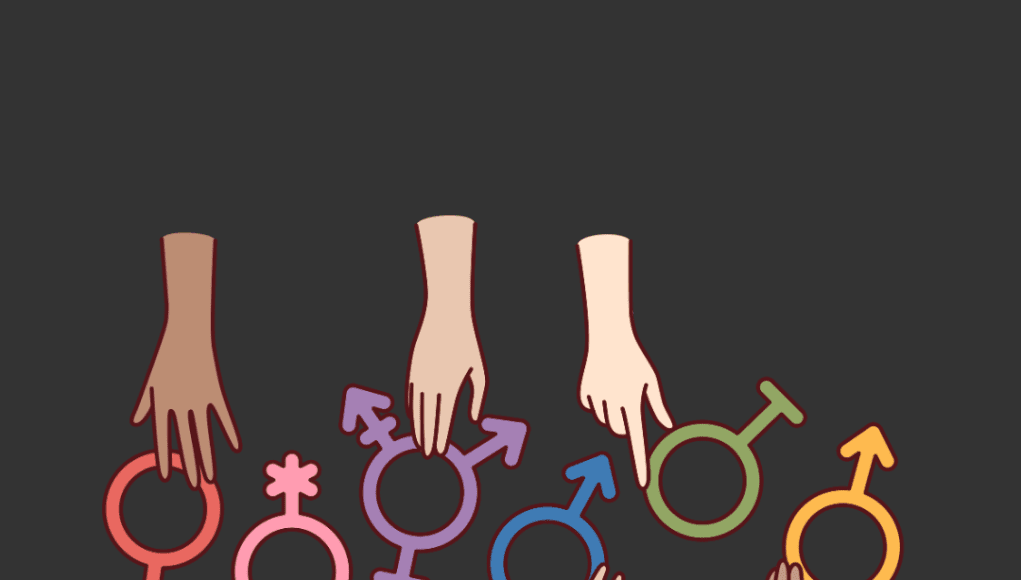Gender equity in the workplace remains a critical issue, with many industries still grappling with inequality in representation, pay, and opportunities for advancement. Traditional efforts to close the gender gap—such as diversity initiatives, mentorship programs, and leadership training—have made strides, but progress remains slow. One solution that has the potential to accelerate gender equity in the workplace is scouting. Unlike traditional mentoring, scouting provides hands-on, personalized guidance and focuses on actively promoting and supporting underrepresented talent.
By fostering a culture of engagement and focusing on the unique challenges women face in the workplace, scouting can help bridge the gender gap and create more equitable opportunities. Here’s how scouting serves as a powerful tool for driving gender equity in the workplace.
1. Providing Tailored Support for Women’s Professional Development
Scouting offers personalized guidance that goes beyond traditional mentoring, focusing on the specific needs and challenges women face in their careers. Many women encounter barriers such as unconscious bias, lack of visibility, or limited access to networks that can hinder their professional growth. Scouts work closely with women to understand these challenges, providing tailored strategies to overcome them.
Scouts don’t just offer generic career advice; they actively identify opportunities for advancement, help women navigate complex workplace dynamics, and advocate for their success. This hands-on support can significantly impact women’s career trajectories, ensuring they receive the personalized guidance necessary to break through barriers and advance in their fields.
Example: A scout may help a woman in a male-dominated industry navigate workplace biases, advising on how to assert her expertise, build alliances, and position herself for leadership opportunities.
2. Closing the Gender Confidence Gap
Research shows that women often experience a confidence gap in the workplace, leading them to hesitate when applying for promotions or negotiating for better pay. A scout provides the encouragement and validation needed to close this confidence gap by offering regular feedback, affirming strengths, and encouraging women to pursue opportunities that they might otherwise doubt themselves capable of achieving.
With consistent support from a scout, women gain the confidence to step forward, advocate for themselves, and seek out leadership roles. This confidence-building is essential for addressing the internal barriers that can prevent women from reaching their full potential in the workplace.
Example: If a woman is hesitant to apply for a senior role, a scout can help her evaluate her qualifications, boost her confidence, and guide her through the application process, ensuring she feels empowered to take that next step.
3. Ensuring Equal Access to Opportunities
A significant barrier to gender equity is unequal access to opportunities, whether it’s for promotions, high-visibility projects, or leadership positions. Scouts can play a crucial role in ensuring women are considered for these opportunities by actively identifying and advocating for their inclusion in key projects or roles. Scouts work to ensure that women aren’t overlooked due to unconscious bias or lack of visibility, making sure they have equal access to growth opportunities.
By consistently supporting women and ensuring their talents are recognized, scouts help create a more equitable playing field where opportunities are distributed based on merit rather than gender.
Example: A scout can recommend a woman for a high-stakes project or leadership training program, ensuring she is visible to decision-makers and considered for advancement.
4. Building a Supportive Network
One of the keys to success in the workplace is having a strong professional network. Scouts help women build and expand their networks by connecting them with key influencers, mentors, and colleagues who can support their career growth. These connections are invaluable for accessing new opportunities, gaining mentorship, and navigating workplace challenges.
By actively facilitating these connections, scouts help women develop the networks needed to thrive in their careers, ensuring they are not isolated in their roles and have a community of support behind them.
Example: A scout might introduce a woman to senior leaders in her organization or industry, helping her build relationships with influential decision-makers who can open doors to new opportunities.
5. Promoting Women in Leadership
Scouting can be a powerful tool for increasing the representation of women in leadership roles. By identifying high-potential women and providing them with the guidance, visibility, and opportunities they need to develop into leaders, scouts help create a pipeline of female talent for leadership positions. This proactive approach ensures that women are not only considered for leadership roles but also fully prepared to succeed in them.
By promoting women into leadership, scouting helps create a more diverse and inclusive workplace, where gender equity is not just an ideal but a reality.
Example: A scout may work closely with a mid-level manager to prepare her for an executive role, providing coaching, leadership development opportunities, and guidance on navigating the transition into senior leadership.
6. Advocating for Pay Equity
The gender pay gap remains a persistent issue in many industries, with women often earning less than their male counterparts for the same work. Scouts can play an important role in advocating for pay equity by helping women negotiate salaries, promotions, and benefits. Scouts provide women with the tools and confidence needed to advocate for fair compensation, ensuring they are paid what they’re worth.
A scout can also help women gather market data, develop negotiation strategies, and practice assertiveness in salary discussions, all of which are crucial for closing the pay gap.
Example: A scout might work with a woman preparing for a salary negotiation, helping her research industry standards, craft a compelling case for her value, and confidently present her salary expectations.
7. Addressing Bias and Discrimination
Workplace bias and discrimination continue to hinder gender equity, whether through unconscious bias, stereotyping, or outright discrimination. Scouts can play a critical role in helping women navigate and address these challenges. By offering strategies to handle biased situations, advocating for fairness, and helping women build resilience, scouts provide a crucial source of support.
In addition, scouts can advocate for broader organizational changes to reduce bias and discrimination, helping to foster a workplace culture that supports gender equity at all levels.
Example: If a woman encounters biased behavior or discrimination in the workplace, her scout can offer advice on how to address the situation professionally, while also advocating for structural changes to prevent future occurrences.
8. Creating a Culture of Inclusion
Scouting isn’t just about supporting individual women—it’s about creating a workplace culture that fosters inclusion for everyone. Scouts work to create an environment where women feel valued, heard, and empowered to contribute their ideas and talents. By advocating for inclusive policies, promoting diversity initiatives, and ensuring that women have a seat at the table, scouts help shape a more equitable and inclusive organizational culture.
This cultural shift is essential for achieving long-term gender equity, as it ensures that women are not only represented but also fully included in decision-making processes and leadership roles.
Example: A scout may work with organizational leaders to promote gender diversity in hiring and leadership development programs, ensuring that women are actively recruited, supported, and promoted within the company.
Conclusion
Scouting offers a powerful pathway to achieving gender equity in the workplace. By providing personalized support, promoting equal access to opportunities, advocating for pay equity, and addressing bias, scouts play a key role in helping women succeed and thrive in their careers. The hands-on, proactive approach of scouting ensures that women receive the guidance, visibility, and opportunities they need to overcome barriers and reach their full potential.
In a world where gender equity is still a work in progress, scouts are helping to accelerate change, one career at a time. By supporting women and fostering inclusive workplace cultures, scouting is paving the way for a more equitable future where talent, not gender, defines success.




























